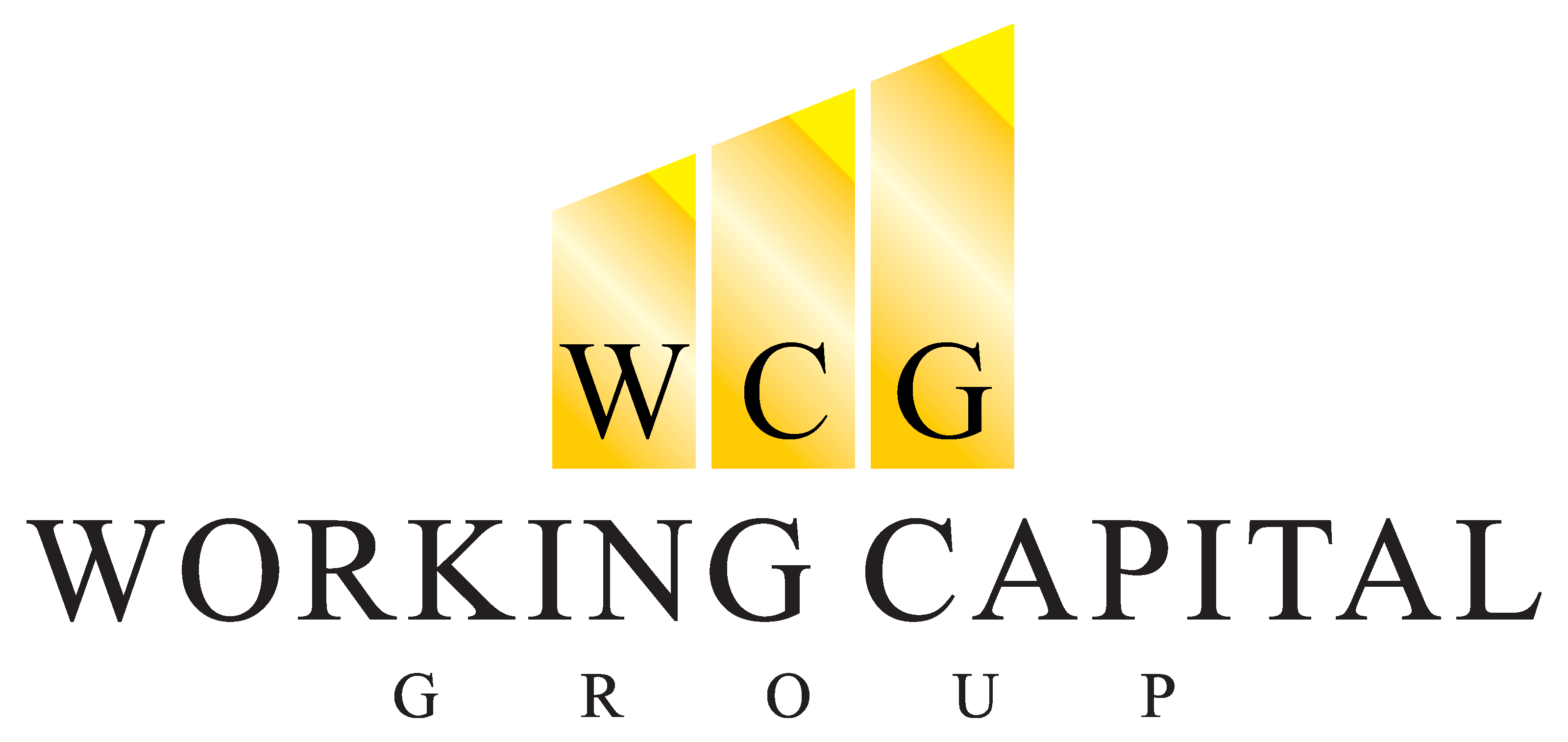Choose the Best Small Business Loan
A 2019 Small Business Credit Survey by Federal Reserve Banks found that 43% of small business seek external funds and 70% of small employers firms carry outstanding debt. According to this survey, 56% of respondents applied for loans to expand their businesses, pursue new opportunities, or acquire business assets and 44% needed the funding to meet operating expenses. Most small businesses apply to online banks or large lending institutions for these funds, though some use credit unions and other smaller banks.
When considering financing options, it is important to understand the different types of loans that are available to small businesses so you can select the best option to serve your needs.
Term Loans
Term loans, also known as long term loans, are best for business owners with great credit who are requesting a lot of funding. This is not a good option for starting a new business because lenders want to see a track record of success before risking their assets on a small business.
The term loan application process is lengthy and large banks approve only 25% of small business loans. If accepted, you would pay an amount of principal plus interest each month until it is paid in full. Term loans are most often used to buy real estate, acquire another business, remodel or renovate a commercial space or to support long-term business expansion.
Short Term Loans
Short term business loans provide fast cash so you can bridge cash flow gaps, address emergencies, pay off higher-interest debt, or take advantage of new business opportunities. The advantages of these loans are that you don’t need a great credit score to be accepted. There is also less paperwork and fast processing, so you can get the cash you need when you need it.
Unfortunately, short term loans must be repaid in a relatively short amount of time, often two years, and payments schedules may be on a daily or weekly basis. Also, the loan amounts are usually capped, so if you need more than the limit amount you must look elsewhere for financing. Finally, these loans come with a relatively high APR compared to term loans.
Short term loans are still a great option if you need cash fast and are confident of your ability to repay.
Secured Loan
Secured loans are the best option for businesses seeking the lowest rates and for those with poor credit ratings that need funding or are seeking to repair their ratings. In essence, all small business loans are secured by some type of assets, such as a history of success, equipment, invoices, inventory, and purchase orders. However, real estate, cars, boats, vacation homes, and savings accounts. For some small businesses, a loan secured by personal property is the only way to acquire financing.
Equipment Loans
Equipment loans are great for startups and established businesses and can be used to finance nearly every type of business equipment and vehicles. The reason new businesses can take advantage of these loans is that the equipment or vehicle secures the loan regardless of the success or failure of the company. Loan rates are often very reasonable and will vary depending on the age of the business, person and/or business credit ratings and finances.
Invoice Financing
Invoice financing is a type of short term loan that uses your invoices as collateral for a loan. It is most often used to resolve cash flow problems arising from unpaid invoices. This loan type is only available to companies that rely on invoicing for payments and so is most commonly used by B2B businesses. If you have cash flow issues because you invoice several clients who pay at different times, this is a great way to stabilize your cash flow.
With invoice financing, a lender advances you a percentage of your total invoicing amount, usually 85%, and holds the remaining percentage as collateral. While you wait for payment from customers, you will pay a weekly fee to the lender and, once the invoice is paid, the lender returns the held percentage minus fees.
Purchase Order Financing
Purchase order financing presents a great lending opportunity for startup companies that receive a lot of orders but don’t have the cash to fulfill them. Similar to invoice financing, the purchase order secures the loan. Once you have a purchase order, the lender directly pays your supplier to manufacture and deliver the product to the customer. Once delivery is accepted, the customer pays the lender. The lender then deducts their fees from this amount and pays you the remainder, which is your profits.
Bottom Line
Loans provide a great way for businesses to ride out rough patches or expand their operations. It is important to understand the various loan options to select the one that best supports your goals.
This content was originally published here.



